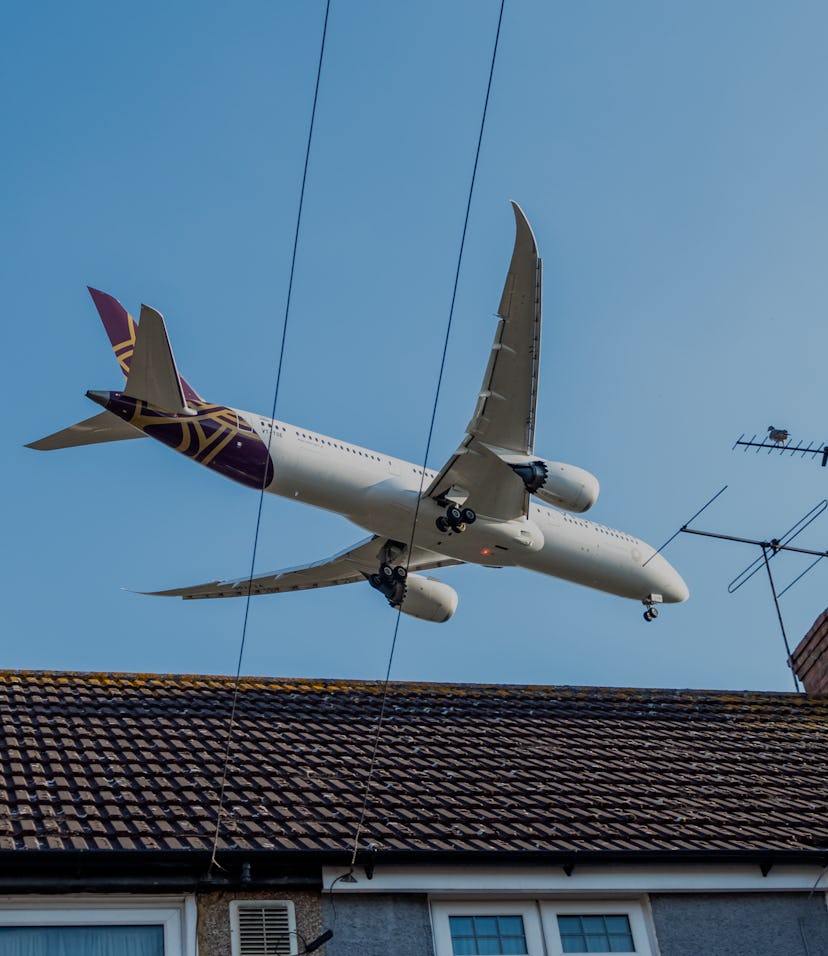Tech
AT&T and Verizon delay 5G rollout near airports... again
The Federal Aviation Administration worries the new C-band 5G would interfere with air travel.

Both Verizon and AT&T have agreed to delay the rollout of expanded 5G coverage near airports after the Federal Aviation Agency (FAA) raised concerns about the new C-band range interfering with aircraft functions. The FAA’s concerns — which have yet to be proven by any sort of science — first delayed the 5G C-band rollout back in January.
The FAA now says major airlines should have the necessary parts to retrofit planes with new signal filters by July 2023. “We believe we have identified a path that will continue to enable aviation and 5G C-band wireless to safely co-exist,” said Billy Nolen, FAA’s acting administrator.
Regulators worry an aircraft’s altimeter might malfunction if C-band equipment is nearby, making landing more dangerous in inclement weather. But the FAA’s concerns are based on little concrete evidence, and plenty of other countries have rolled out C-band coverage near airports without any issue.
Unfounded fears — As TechDirt notes, the FCC has conducted its own experiments into whether or not C-band signals mess with aircraft equipment. That testing showed little to no interference. Moreover, there are at least three dozen countries around the world that have already begun using this new 5G equipment near airports, and none have reported any altimeter issues near 5G bases.
Despite this evidence, the FAA continues to push forward the idea that the C-band rollout will interfere with aircraft equipment. In fact, some aviation groups think July 2023 is too soon for the rollout to continue.
“It’s not at all clear that carriers can meet what appears to be an arbitrary deadline,” said Airlines for American CEO Nicholas Calio in a letter to Nolen. He mentioned also in his letter that the “rushed approach to avionics modifications amid pressure from telecommunications companies” could put passengers in danger.
Telecom is paying — There’s a reason AT&T and Verizon are pushing so hard to deploy all their available 5G equipment: They paid huge money for access to the C-band. The two companies spent $68 billion total at an FCC auction for that access, and now the FAA is stonewalling the full use of that spectrum for fears based on no empirical evidence. In fact, there’s 220Mhz between C-band and the spectrum used by aircraft equipment — a buffer that should, experts say, provide plenty of protection.
Why, exactly, the FAA is fear-mongering to such an extreme is unclear, though the agency’s rivalry with the FCC is nothing new. It would be mighty helpful if the two could team up and expend some joint resources on figuring out whether or not 5G actually could put human lives in danger, but that doesn’t seem to be in the cards for the near future.